Unpacking the mysteries of productivity
McKinsey Public & Social Sector Insights
JULY 2, 2024
Leading economist Chad Syverson speculates about the ingredients in productivity’s secret sauce.

McKinsey Public & Social Sector Insights
JULY 2, 2024
Leading economist Chad Syverson speculates about the ingredients in productivity’s secret sauce.
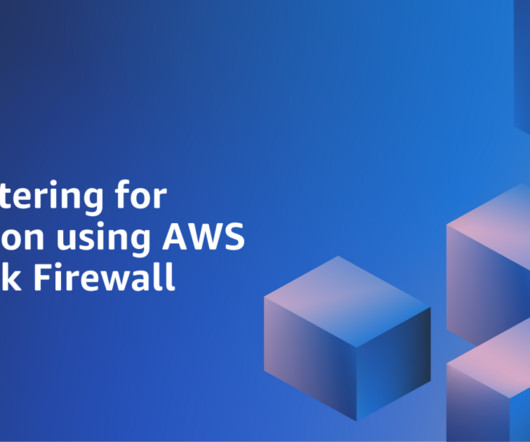
AWS Public Sector Blog
JULY 2, 2024
Managing access to websites and safeguarding users from harmful content is a critical component of a layered cybersecurity approach, especially in educational settings. Schools and institutions of higher learning have a responsibility to provide a secure online experience for their students and staff. Traditionally, this has been accomplished through on-site web filtering appliances.
This site is protected by reCAPTCHA and the Google Privacy Policy and Terms of Service apply.

FedTech Magazine
JULY 2, 2024
Government needs broad visibility into the activity of bad actors to fight ransomware. A lack of robust information sharing can lead to “a murky information environment, making it difficult for governments and industry to work together to combat ransomware at scale,” according to a report from the Institute for Security and Technology released in April.

State Tech Magazine
JULY 2, 2024
The initial inspiration for creating the Massachusetts Municipal Cybersecurity Summit in 2021 — to encourage cities and towns to work together on cybersecurity prevention — remains a focus for the MassCyberCenter, says Director John Petrozzelli. “This was a way of getting people together to share business cards and ideas — almost crowdsourcing across the state — so the first time an incident happens, you already know people,” he says.
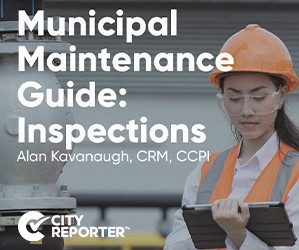
Advertiser: Noratek
Get this municipal maintenance guide that provides municipalities with a detailed and structured approach to maintaining city infrastructure. This guide outlines systematic inspection procedures and best practices, ensuring the safety, longevity, and operational efficiency of municipal assets. From roadways and bridges to public buildings and utilities, the guide covers all aspects of municipal maintenance.

McKinsey Public & Social Sector Insights
JULY 2, 2024
McKinsey’s latest ConsumerWise Survey finds consumers in the region reacting differently to ongoing economic uncertainty. Companies should take note.
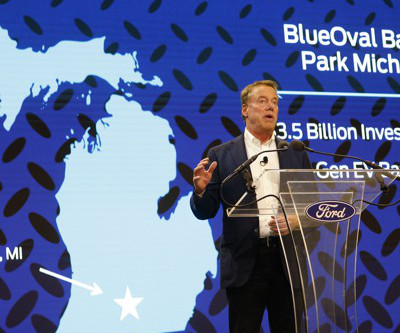
GCN
JULY 2, 2024
A new report from the Volcker Alliance highlights the lack of transparency around tax expenditures, and calls on states to better monitor whether the tax breaks are achieving their intended effects.
Public Administration Today brings together the best content for professionals in the public administration field from the widest variety of thought leaders.

GCN
JULY 2, 2024
While the justices found in Murthy v. Missouri that two states lacked standing to sue over alleged government censorship, observers warned that the case may have already damaged efforts to crack down ahead of November.

AWS Public Sector Blog
JULY 2, 2024
Data sovereignty refers to a concept where individuals, organizations, or governments have control over their own data and infrastructure, ensuring independence, privacy, and security. Data sovereignty with edge artificial intelligence (AI) refers to the concept of maintaining control and ownership over data and AI processes at the edge of the network rather than relying on centralized cloud services.

GCN
JULY 2, 2024
An updated online tool allows towns and counties to get a sense of their wildfire risk without having to pay for expensive studies.

McKinsey Public & Social Sector Insights
JULY 2, 2024
Sharpen your problem-solving skills the McKinsey way, with our weekly crossword. Each puzzle is created with the McKinsey audience in mind, and includes a subtle (and sometimes not-so-subtle) business theme for you to find. Answers that are directionally correct may not cut it if you’re looking for a quick win.
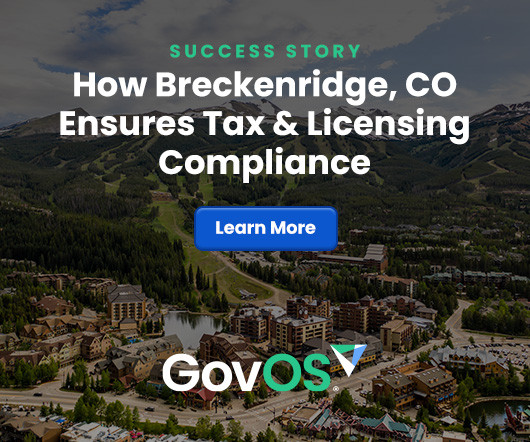
Advertisement
Breckenridge’s short-term rental boom—over 4,200 licenses —put intense pressure on the town’s small staff and manual processes. Facing compliance and efficiency challenges, the town teamed up with GovOS to automate its STR licensing. The new system: Cut admin time Reduced errors Improved the experience for property owners and town staff Discover the full impact of automation on Breckenridge’s STR management—download the case study.

Park Leaders
JULY 2, 2024
“Does it really make any difference if you do believe something, but are at the same time intolerant of someone who does not agree or concur in your beliefs?” In this episode, Walt Dabney returns to share his extraordinary experience as a student trainee. Walt is the retired director of Texas State Parks and a former National Park Service employee who held various roles during his distinguished career.

Open Access Government - Technology News
JULY 2, 2024
Researchers at Penn State University have revealed a 3D-printed material that promises to transform wearable devices This new material, shown in their recent publication in Advanced Materials, combines softness and stretchability with high conductivity, overcoming key limitations of existing fabrication methods. Led by corresponding author Tao Zhou, assistant professor at Penn State’s College of Engineering, the team addressed longstanding challenges in achieving both flexibility and elect

McKinsey Public & Social Sector Insights
JULY 2, 2024
Micro, small and medium-size enterprises (MSMEs) play an underappreciated and outsized role in the global economy, accounting for 90% of businesses. Yet small businesses struggle with productivity in comparison with large companies, despite them playing a central role in economic growth. Recent research from the McKinsey Global Institute highlights important implications on how best to tackle the MSME productivity problem, write Olivia White and Anu Madgavkar in World Economic Forum.

GovPilot
JULY 2, 2024
Robbinsville Township expands their partnership with the government management software provider to streamline operations and government services in the municipality.

Speaker: Noratek
Maintaining municipal operations is no small task, especially when budgets are tight and public expectations are high. In this webinar, we’ll explore how local governments can streamline their maintenance operations while ensuring safety, compliance, and efficiency. What You’ll Gain: Proven strategies for effective inspection management Insight into leveraging digital tools Practical tips for addressing common maintenance challenges Examples of municipalities that have achieved success.

Princeton Public Library
JULY 2, 2024
The post Currently reading… appeared first on Princeton Public Library.
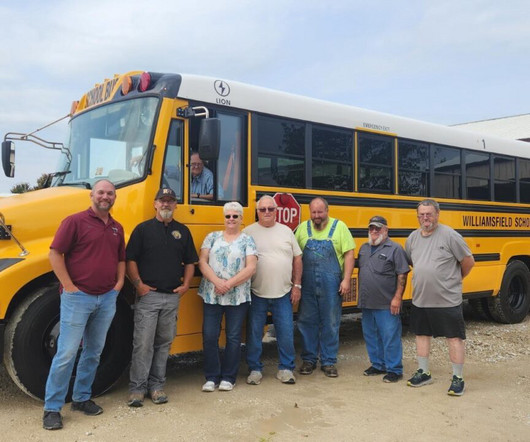
NLC (National League of Cities)
JULY 2, 2024
The Inflation Reduction Act (IRA) of 2022 continues existing and creating numerous new tax incentives for clean energy today. The most notable change for municipal governments has been the option for elective pay, in which local governments can take advantage of rebates as a non-taxable entity.

GCN
JULY 2, 2024
The rule would cover 35 million workers whose jobs include being in the heat and require activities that could raise core body temperatures, like construction, agriculture and landscaping, as well as those in indoor environments, like kitchen workers.
Let's personalize your content